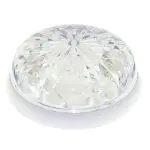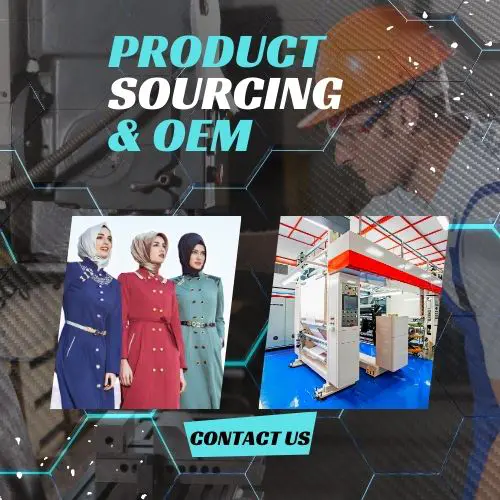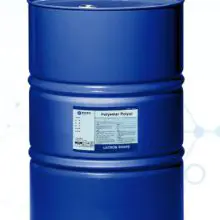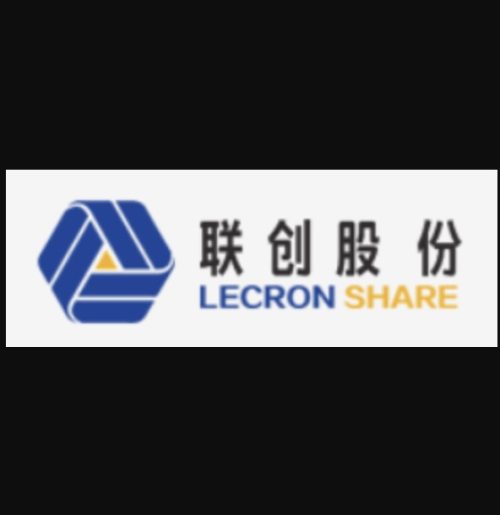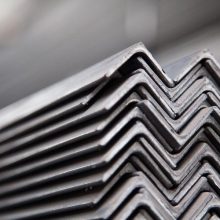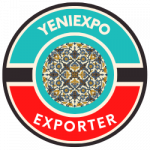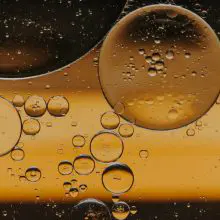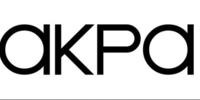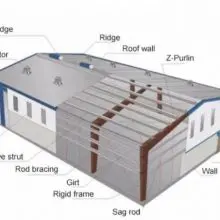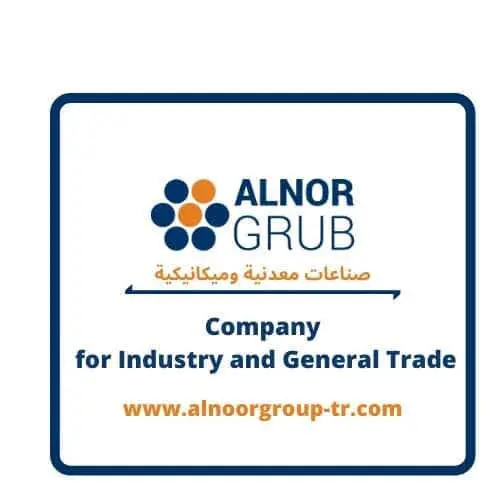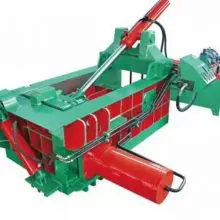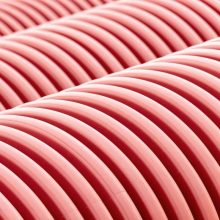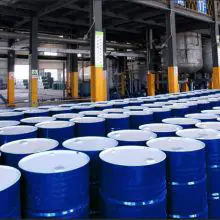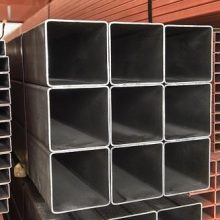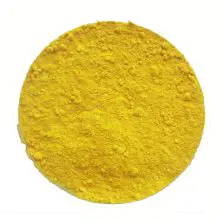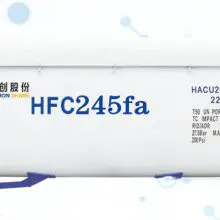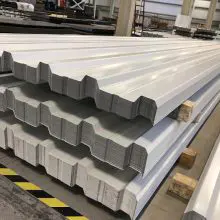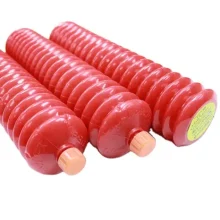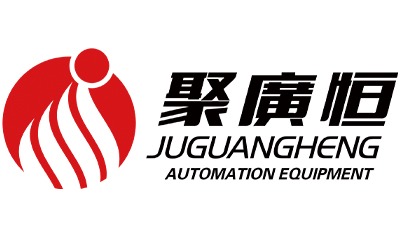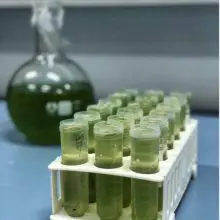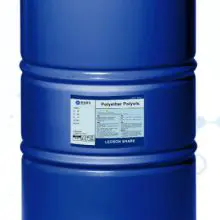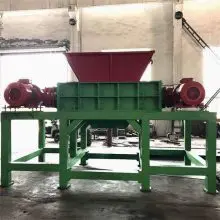Connect to thousands of exporters & importers worldwide from over 100s of product categories. Connect to thousands of exporters and importers worldwide from over 250 product categories.
Turkey has been manufacturing chemicals for very long time, being a producer of many basic and intermediate chemicals and petrochemicals. Turkish chemical production includes petrochemicals, inorganic and organic chemicals, fertilizers, paints, pharmaceuticals, soaps and detergents, synthetic fibers, essential oils, cosmetics and personal care products.
The majority of chemicals production is done by the private sector.
In chemical industry, 30 % of the production has been directly used by the consumers whereas 70 % of production has been benefited in other sectors as intermediate goods and raw materials.
Turkish Chemical industry has been seen as a sector dependent on imports as regards to raw materials and technology.
However, Turkey is among one of the leading countries in the world that has boron, chrome, soda ash and trona reserves.
Chemical Products
- Plastics and articles, plastic packaging materials, plastic kitchen materials, melamine and urea resins, acrylic polymer, polyvinyl chloride, polyvinyl acetate, polyester, etc.
- Mineral fuels, mineral oils (gasoline, fuel oil, naphtha, C4, motor oil, L.P.G.)
Soap and detergents - Inorganic chemicals (refined borax, boric acid, sodium sulphate, alumina, sodium hypochlorite, sodium metabisulphite)
- Pharmaceutical products and medical devices
- Organic chemicals (benzene, acrylonitrile, ethylene glycol, glycerine, medical raw material, pentaerythrıtol, furfuryl alcohol.
- Dyes, pigments and other colouring matter, paints and varnishes
Essential oils and resinoids, perfumery, cosmetics and toiletries - Rubber and articles
- Fertilisers (diammonium phosphate, triple super phosphate, azote and phosphoric composed fertilizers)
- Others (agricultural chemicals, textile auxiliary chemicals -finishing materials, fatty acids, adhesives)
TURKISH STEEL INDUSTRY
Today Turkey has 24 electric arc furnace mill plants (EAF), 7 induction furnace plants and its 3 BOF plants.
In 2019, global output increased to 1.9 billion tons, up by 3.4% on 2018. Turkey's output was 33.7 million tons with a decrease of 9.6% in 2019.
In 1996, The European Coal and Steel Community (ECSC) agreement signed between the EU and Turkey. With signing the agreement, customs duties on bilateral steel trade were abolished.
The agreement allows Turkey to trade its iron and steel products without customs duty with all EU member states. Additionally, the Government does not subsidize Turkish domestic steel industry due to the European Coal and Steel Community (ECSC) agreement.
All steel companies in the country are privately held, and Turkish steelmakers continue to pursue technological developments to enhance the long-term viability of the industry in the global marketplace.
The steel industry has become one of the most developed sectors in Turkey and today counts as the fourth largest contributor to the Turkish economy.





